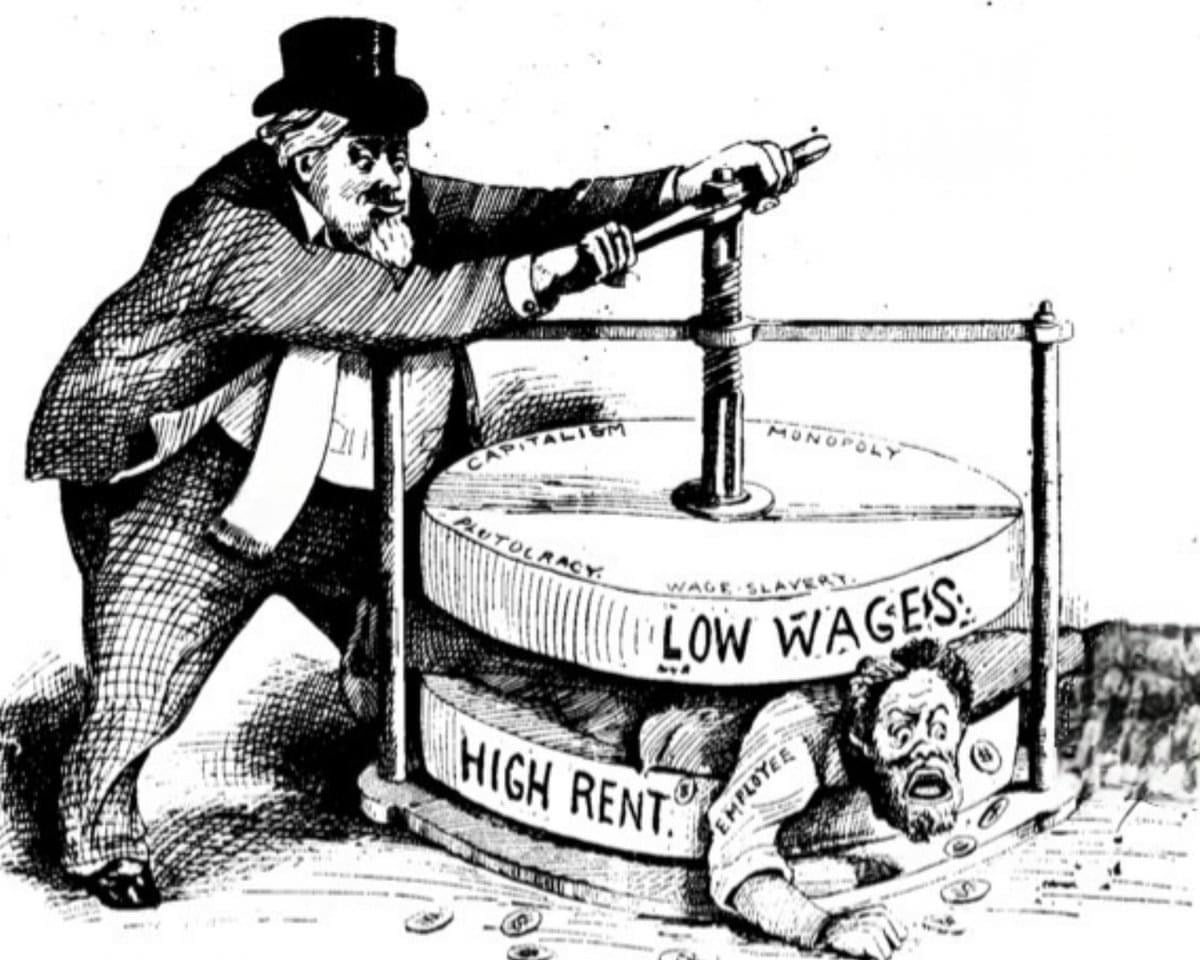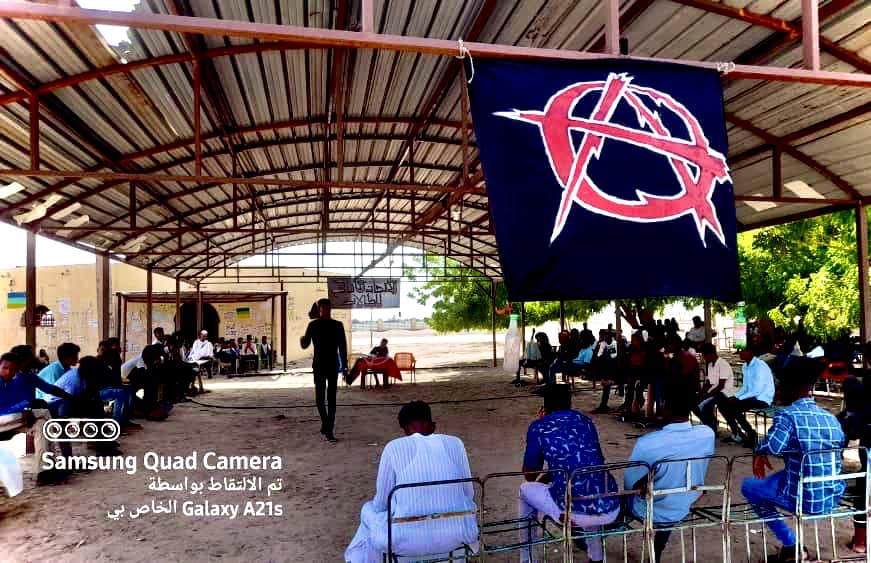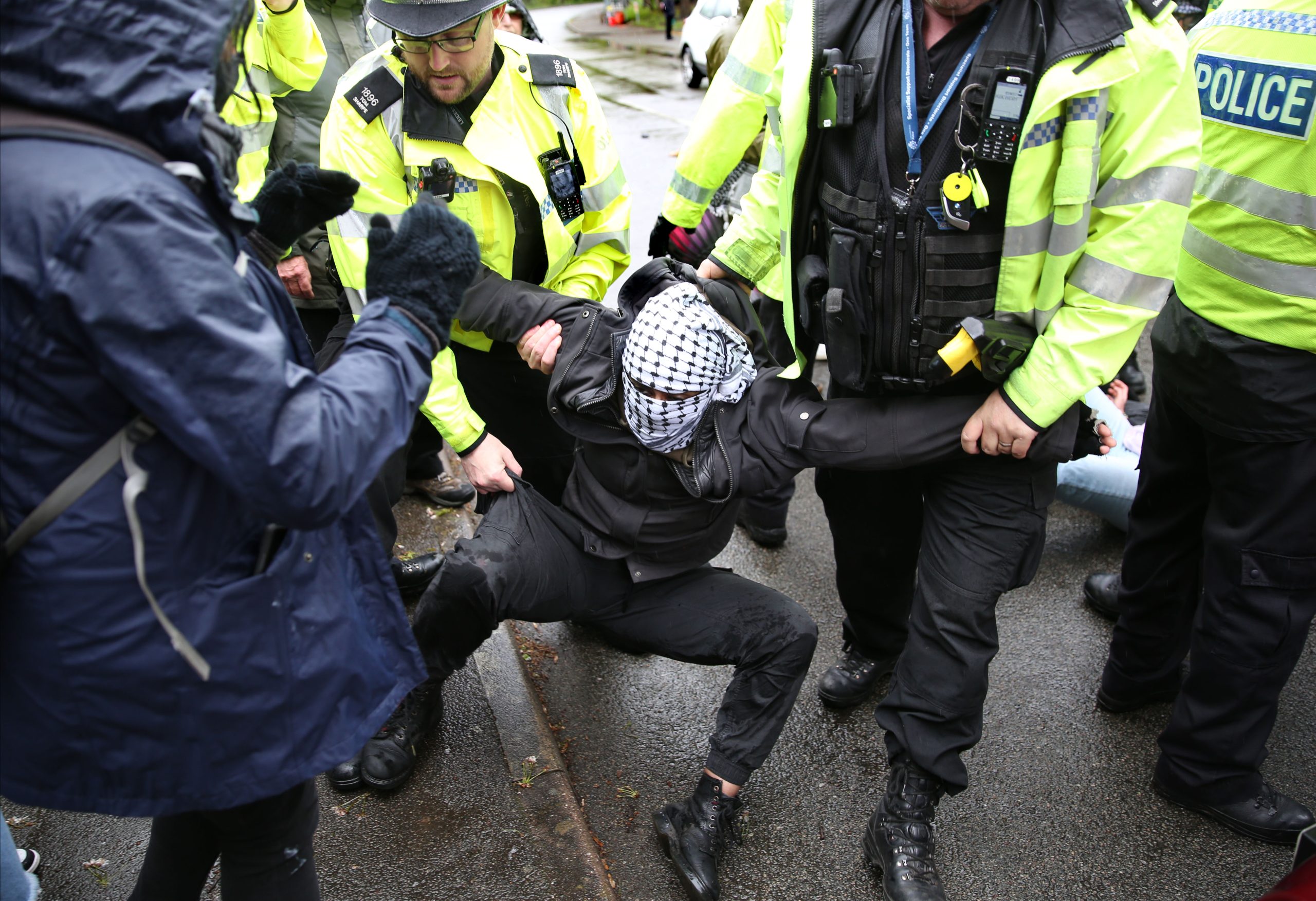Women have always been systematically discriminated against by the football authorities, for simply wanting to play football. The English FA, a bastion of bourgeois conservatism, banned women playing on any ground affiliated to the FA in 1921, voting that “the game of football [is] quite unsuitable for females” a ban that lasted till 1971. Women’s football has been consistently belittled before and since but is just starting to emerge as a mass sport. This list celebrates 11 women, and 1 women’s team, who have battled for their sport and used their sport to help women’s’ emancipation.
Emma Clarke
Born 1876 in Bootle, Liverpool, Emma Clarke was the first black woman to play football in the UK and played for British Ladies between 1895 and 1903. Sadly little is known about her besides those facts and her photo.
Women’s football before 1900 was not taken seriously by men but for those who played, it was a political act. The patron of Clarke’s team, Lady Florence Dixie, was a Suffragist who wrote a feminist utopian novel, and was a supporter of the ‘rational dress movement’, which sought to liberate women from the corsets and petticoats of Victorian society and saw football as a weapon of subversion as the players played openly in knickers and blouses.

Nettie Honeyball, Emma Clarke’s team’s player/coach also saw football as emancipatory for women. She said “There is nothing of the farcical nature about the British Ladies’ Football Club. I founded the association (…)with the fixed resolve of proving to the world that women are not the ‘ornamental and useless’ creatures men have pictured. I must confess my convictions on all matters (…) are all on the side of emancipation, and I look forward to the time when ladies may sit in Parliament and have a voice in the direction of affairs, especially those which concern them most.”
Dick, Kerr’s Ladies F.C.
Dick, Kerr’s Ladies FC is a seminal team in women’s football history. They were set up in Preston in 1917, as a women’s works team for a munitions company, Dick, Kerr & Co. They soon drew large crowds and encouraged other women’s teams to be set up.

On Boxing Day 1920 they pulled in a crowd of 53,000 at Everton’s Goodison Park ground playing St Helen’s Ladies, with thousands more locked outside. Between 1917 to 1965 they played 828 games, winning 758, drawing 46, and losing 24, almost all in the period when women were banned from playing on FA pitches. They are simply legends.
Lily Parr
Lily Parr was born in St Helens on Merseyside in 1905, and started with the St Helens Ladies team. Aged 14, she signed for the famous Dick, Kerr’s Ladies. She was a hard-drinking, chain-smoking outside-left who lived with a woman and possessed a cannonball shot. A male professional goalkeeper once taunted Parr that she could not score past him. Her shot broke his wrist.
Parr scored 43 goals for the team in her first season, when she was 14 years old. She totalled more than 900 goals in her career between 1919 and 1951 latterly playing for Preston Ladies. She was regarded as not just a top class women’s footballer but simply a top class footballer. In 1920 her local newspaper wrote “There is probably no greater football prodigy in the whole country. Not only has she speed and excellent ball control, but her admirable physique enables her to brush off challenges from defenders who tackle her. She amazes the crowd where ever she goes by the way she swings the ball clean across the goalmouth to the opposite wing.”
Lily Parr was the only woman inducted into the National Football Museum’s Hall of Fame when it opened in 2002. She is also a key figure in British lesbian history, living openly with her partner.
Rose Reilly
Rose Reilly was born in Kilmarnock in 1955. She was football obsessed as a girl and went on to become an Italian women’s football superstar. As a child she pretended to be a boy to play more football and was nearly signed by Celtic until they were told she was a girl.

“In one game I scored about eight goals and a Celtic scout wanted to sign the ‘wee boy who got all the goals’. He was told ‘You can’t, she’s a wee lassie!’ I said, ‘But why can I not play for Celtic if I’m good enough? What’s the problem if they think I’m a wee boy anyway?’”, she said.
As a teen she won the Scottish Cup, played in Scotland’s first official game against England in 1972 then was set up for a trial with the women’s team of the then French giants Stade de Reims. Within a year she had been poached by AC Milan where she won two Serie A titles with before playing for nine Italian clubs over 20 years, winning eight Scudetti and four Italian Cups. She won the Italian women’s Golden Boot in 1978, scoring 43 goals for Catania, and again in 1981, hitting 45 for Lecce. In 1980, she played for both old club Reims, who flew her in to play for them on Sunday evenings, and Lecce on Saturdays, winning two championships that year, one in France and one in Italy.
Hope Powell
Hope Powell, born in Lewisham in 1966, made newspaper headlines as a child when FA rules banned her from representing her school team beyond the age of 11. Though the ban on women’s football was lifted in 1971, the FA continue, to this day, to forbid girls/women playing with men after the age of 11, regardless of their physical abilities.
Hope’s coach appealed the ban, not, according to Powell, because he was interested in gender equality, but because of a desire to field his strongest team. Powell started playing for Millwall Lionesses at 11 where she became the team’s all-time record goalscorer. At 31 Powell became the youngest ever coach of any English national football team, as well as the first woman and the first non-white person to hold that office.
Alex Scott
Alex Scott, born 1984 in Poplar in East London of Irish and Jamaican background, is the 2nd most capped England player of all time with 140 appearances and writes a weekly women’s football column in the communist Morning Star newspaper. She has played mainly for Arsenal women’s teams with over 150 appearances.

In 2011 Scott started ‘The Alex Scott Academy’ in partnership with Kingston College and a sport clothing brand, for female footballers aged 16–19 years. It was the first such academy in the UK and it intended to encourage the growth of the women’s game. In a recent interview she stated “I’m very proud to be from East London, the Cockney side of me is very much with me and it’s where I’m from, that’s my personality. I’m not ashamed to say I’m from a council estate in Poplar.”
Fara Williams

Fara Williams, born 1984 in Battersea, is now England’s most capped footballer but she played her first games for the England Lionesses living in temporary accommodation after a family breakdown left her on the street aged 17. She was playing for Charlton Athletic Ladies’ when arguments with her family meant she left her home on the Surrey Lane estate in Battersea. Williams now works with the Street Football Association and Homeless FA and through them coaches and mentors players at events like the Homeless World Cup.
Eniola Aluko

Lagos born in 1985, and Birmingham raised, Eniola Aluko has played 100 times for Chelsea and over 100 times for England between 2004 and 2016. Aluko played the key role in exposing the casual racism of former England Ladies manager Mark Sampson. She has always been political and once stated “I remember when I was young I absolutely loved Atticus Finch [from the film and novel To Kill a Mockingbird] (…) I loved the way he helped the defenceless and was a voice for those who didn’t have a voice … I really liked the idea of having a voice for the voiceless, getting someone justice against the odds. That really resonated with me.”
Lianne Sanderson

Lianne Sanderson was born in 1988 in Lewisham. She won over a dozen cups and titles at Arsenal from 1997 to 2008. She won 50 caps for England but pulled out under manager Mark Sampson and later supported Eniola Aluko over her claims of racist and sexist banter from Sampson. Her intervention, after the allegations had twice been thrown out by the FA, finally got them to accept there had been racism though Sampson was sacked for other reasons. She then called for FA “Heads to roll” though Freedom is not sure whether she meant that literally as we would hope! Sanderson does a lot of LGBTQI ambassador work and was the 2016 DIVA 250 Sports Personality of the Year.
Abby Wambach

Abby Wambach, born 1980 in Rochester New York, is a US women’s football and lesbian icon. She was 2012 FIFA women’s footballer of the year, the US highest all-time goal scorer and holds the world record for international goals, for both female and male soccer players, with 184 goals.
Wambach has always been outspoken. Her saying “I’ve never scored a goal in my life without getting a pass from someone else. ” stands with Bill Shankly’s line that “The socialism I believe in is everyone working for each other, everyone having a share of the rewards. It’s the way I see football, it’s the way I see life,”. Wambach is an outspoken feminist stating “We need to have women in more powerful positions that are making decisions, so when that 10 year-old girl is looking up and wondering, What can I do and what do I want to be when I get older? She has the opportunity to do and be whatever she wants ..and then, more importantly (…) I want that 10 year-old boy that she goes to school with to be able to look at her and to be able to say, ‘She can do whatever she wants.” Wambach is also a key part of Athlete Ally an organisation supporting LBTQI sports players.
Hope Solo

Hope Solo, born in Washington state in 1981, played across the US and in Europe and was goalkeeper for the US national team from 2000-2016. An outspoken and controversial character she was an outstanding goalkeeper and became the first ever keeper in global men’s and women’s football to achieve 100 shutouts in international competition, along with several other USNWT goalkeeper records, inc. appearances, starts and wins.
In 2016 she sued the USSF over the wage gap between the men’s and women’s teams [4x higher wages for men] and in 2018 stood for the presidency on a ‘anti-establishment ticket of equal pay for women and changing the ‘pay to play’ system which soccer only accessible to mainly white middle class kids. Not surprisingly she lost but no doubt will carry on battling for what she believes in.
Megan Rapinoe

Megan Rapinoe, born in Redding, California in 1985, is a massive star at Seattle Reign and has played over 130 times for the USNWT. Rapinoe is an advocate for numerous LGBT organizations, including the Gay, Lesbian & Straight Education Network (GLSEN) and Athlete Ally that focuses on ending homophobia and transphobia in sports.
In 2017 she was one of the few non-black sportsperson to #takeaknee in solidarity with the protests led by NFL player Colin Kaepernick against racial inequality and police brutality. Rapinoe has stated “As I got more into gay rights, I got more into equal pay and you just see that it’s all connected. You can’t really speak out on one thing and not another without it not being the full picture. We need to talk about a larger conversation in this country about equality in general and respect – especially with the recent election and subsequent narrative that’s coming from the White House right now.”
“The more I’ve been able to learn about gay rights and equal pay and gender equity and racial inequality, the more that it all intersects .. You can’t really pick it apart. It’s all intertwined. God forbid you be a gay woman and a person of color in [the USA] because you’d be really fucked”.
Rapinoe was one of the first women footballers to sign up for the “Common Goal” campaign created by Juan Mata of Manchester United. As participants in the campaign, players donate 1% of their individual wages in support of other soccer-related charities.
Lee Marsh
Please note this is UK biased and it is not a top 12 best women footballers ever.
More reading:
- A Game for Rough Girls?: The History of Women’s Football in Britain – Jean Williams 2003
- Girls With Balls – The Secret History of Women’s Football – Tim Tate 2013
- The secret history of womens football BBC
- Women’s Football Archive
- She Kicks
- Women in Football
- The Street Football Association








